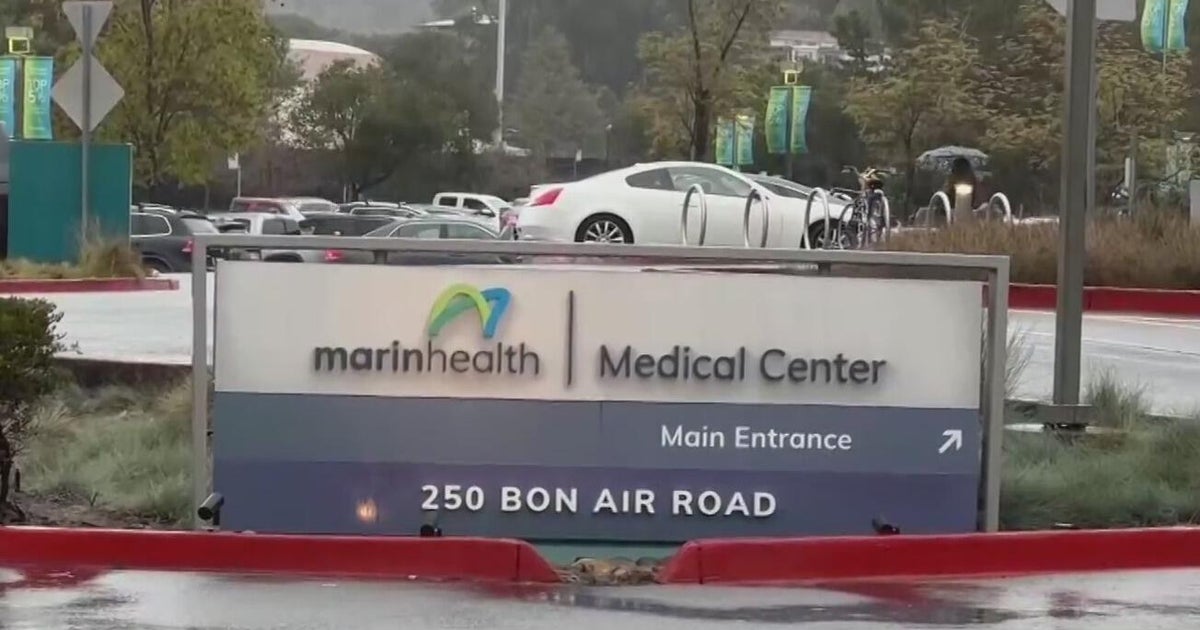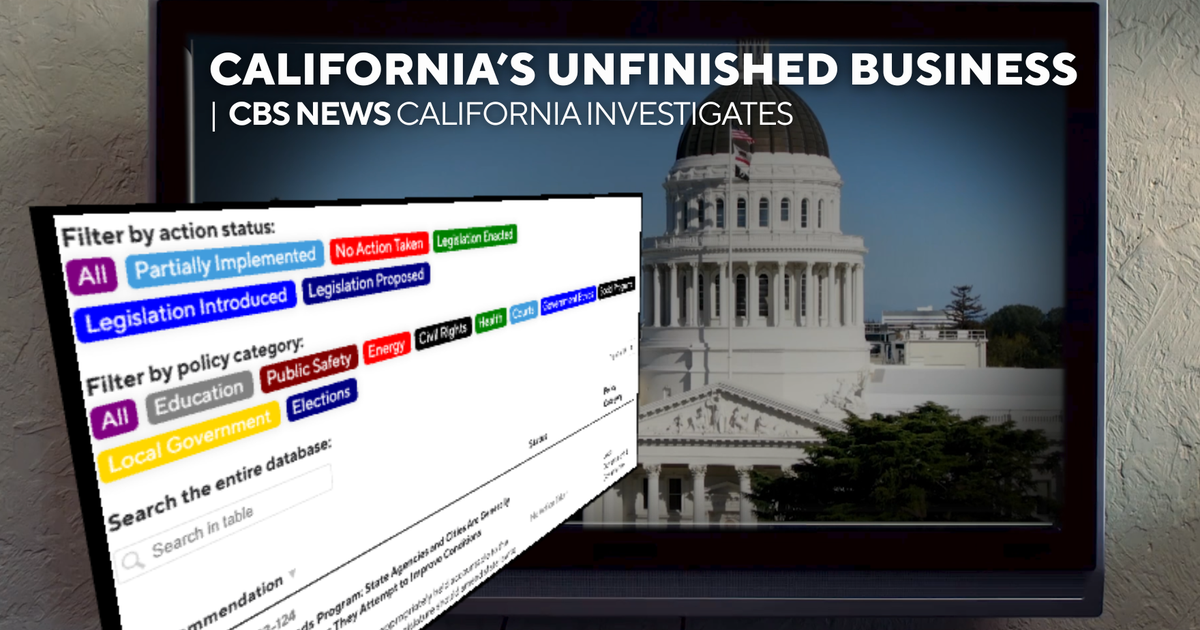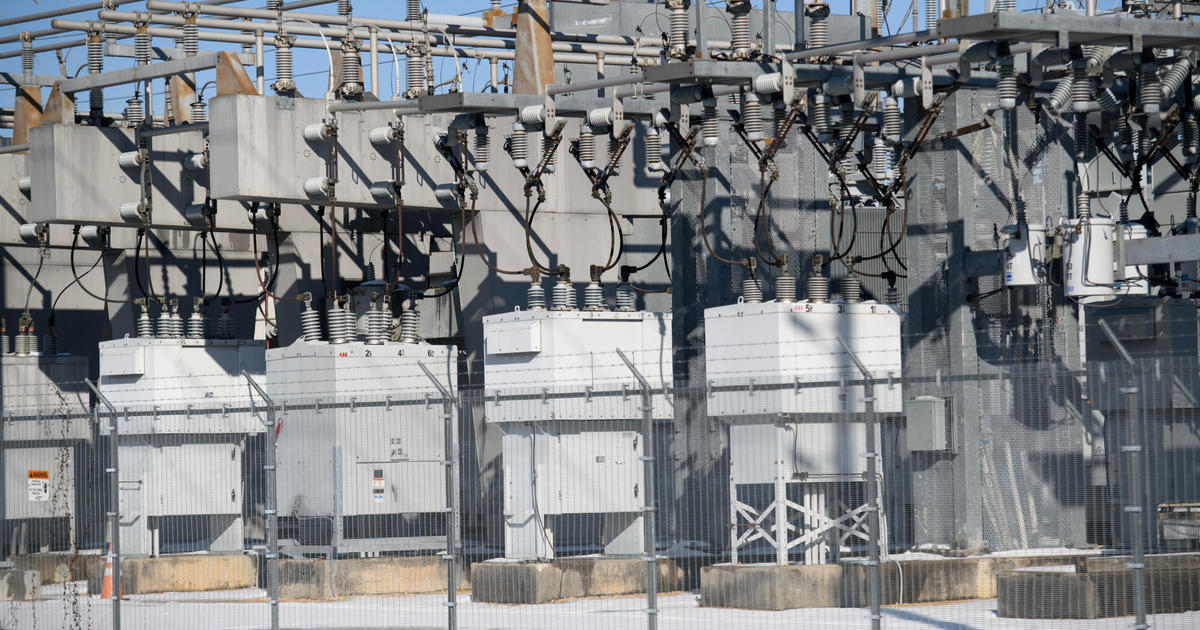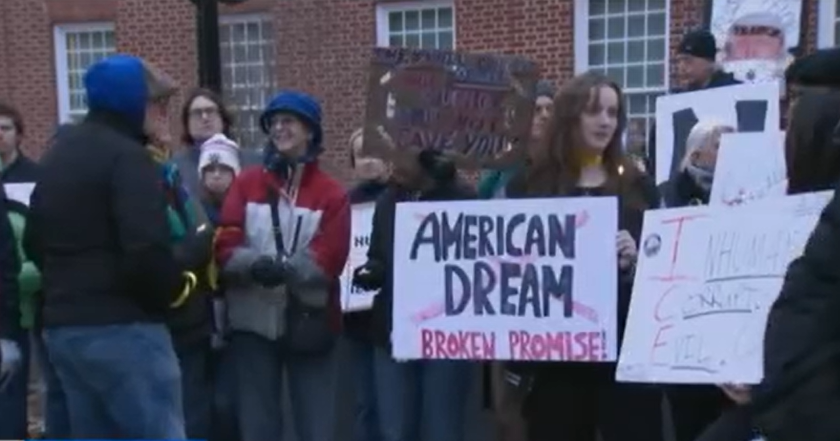Law Restricts Pension Cuts For Existing Workers
SACRAMENTO (AP)— The bulk of the projected savings in the public pension reform deal announced by Gov. Jerry Brown won't be felt for decades because most of the proposed changes will affect government workers who have yet to be hired.
While Brown touted his deal as a way to shore up California's retirement systems, the legislative package he announced Tuesday also illustrates the difficulty in addressing runaway pension costs. That's because retirement benefits for current government employees are protected by decades of court decisions.
The governor announced a compromise with Democratic lawmakers after months of negotiations. On Wednesday, the chief actuary of the state's main pension fund — the California Public Employees' Retirement System — estimated the pension plan will save the system $40 billion to $60 billion over 30 years. The fund currently has an estimated $85 billion in unfunded liabilities.
Unlike private-sector retirement plans, which employers can change, court decisions over 60 years have made clear that future pension benefits are guaranteed to current public employees. Last year, for example, the state Supreme Court ruled that implied contracts covering retirees' health care are valid.
That case was brought by Orange County and other local governments trying to reduce their retiree health costs, and remains in federal litigation.
"People have vested rights. You can't take away something that somebody has already earned," said Jeff Lewis, an Oakland-based attorney who represents public employees and retirees. "People work in exchange for not just their paychecks but also the promise of future benefits under a specific plan."
A 2011 pension report by the Little Hoover Commission, an independent state oversight agency, had urged lawmakers to challenge legal decisions by changing current employee benefits.
"Public agencies must have the flexibility and authority to freeze accrued pension benefits for current workers, and make changes to pension formulas going forward to protect state and local public employees and the public good," the commission wrote.
Democratic lawmakers said the reform package announced this week struck somewhere in the middle, pleasing neither unions nor pension-reform advocates.
"If the goal is to please the ideologues, then this package won't receive their acclaim. If the goal is to please organized labor, then this package won't receive their acclaim," said Senate President Pro Tem Darrell Steinberg, D-Sacramento. "But if the goal is to establish an affordable public pension system without abandoning secure middle-class retirement benefits, then this package passes the test."
The pension reforms would apply to most state and local government workers, many who are covered by CalPERS or the California State Teachers' Retirement System.
One of the few changes to affect current workers is a provision that would have them contribute at least half the cost of their retirement benefits.
While new employees starting Jan. 1, 2013, would automatically have to contribute 50 percent of their pension costs, local government labor unions will have a five-year window to negotiate that through collective bargaining.
If no deal is reached by Jan, 1, 2018, a city or school district could force employees to pay their half, up to 8 percent of pay for civil workers and 11 or 12 percent for public safety workers.
Most state workers already contribute half of their pension costs. Democrats included language that would raise contribution rates for about 75,000 state workers, including park rangers, game wardens and firefighters, to bring them up to the 50 percent level over the next two years.
Dwight Stenbakken, deputy executive director of the League of California Cities, said the 50 percent contribution requirement should make it less restrictive for cities trying to control their rising pension costs.
"I think we've got cities that are already trying to go in that direction under the limitations of current law," Stenbakken said. "I would hope so because if they don't, then we don't have any alternatives except to lay people off. And I don't think that's good for the employees, the employers or the taxpayers."
But labor representatives said the 2018 deadline undermines collective bargaining.
"It's sort of a situation where you can take your hit now or take your hit later," said Carroll Wills, spokesman for the California Professional Firefighters. "The thing that's been most discouraging to us has been essentially the contention on the part of the governor and, in several key respects, the Legislature that pensions aren't bargainable anymore."
(© Copyright 2012 The Associated Press. All Rights Reserved. This material may not be published, broadcast, rewritten or redistributed.)







